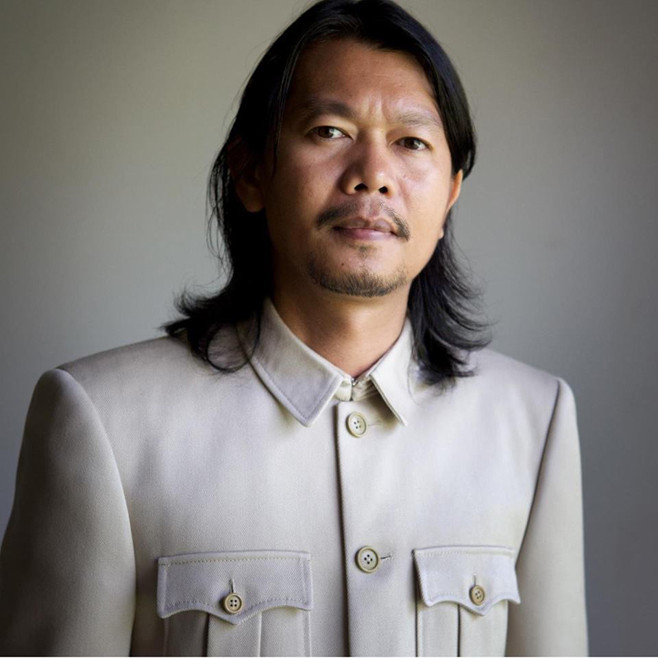Thailand Protests: 'Red Shirts' Poet and Pro-Government Activist Kamol Duangphasuk Shot Dead

A prominent poet and pro-government activist has been killed in Thailand, as tensions continue to rise in the country.
Kamol Duangphasuk, 45, was shot dead on 23 April by an unidentified gunman at Bangkok's Ladprao district.
The gunman escaped on a getaway motorcycle.
Human Rights Watch urged the Thai authorities to investigate Duangphasuk's murder.
"The brutal and outrageous killing of poet and Red Shirt activist Kamol can only worsen the already tense political situation in Thailand," said Brad Adams, HRW Asia director. "The Thai authorities need to quickly investigate this murder and bring whoever is responsible to justice – wherever that investigation leads."
Duangphasuk, known by his penname Mai Nueng Kor Kunthee, was widely prominent for his poetry and his activism.
He strongly supported the United Front for Democracy against Dictatorship (UDD), known as the "Red Shirts", and he called himself a "Red Shirts poet".
Pro-government UDD was formed by various groups who protested against a military coup in 2006, which resulted in the ousting of former Prime Minister Thaksin Shinawatra.
The front also organised anti-government rallies during the military government's rule in 2006–2007 and protested until 2011 when Thaksin's younger sister, Yingluck Shinawatra, became Thailand's Prime Minister.
UDD members are often labelled as anti-monarchists, a charge their leaders deny.
After the government's violent crackdown on the UDD in 2010, Duangphasuk took part in weekly gatherings aimed at pushing for the amnesty of political prisoners and people prosecuted for lese majeste (criticisms to the monarch) charges .
According to article 112 of the Thai penal code: "Whoever defames, insults or threatens the king, queen, the heir-apparent or the regent, shall be punished with imprisonment of three to fifteen years."
People charged with lese majeste offenses are routinely denied bail and often remain in prison for many months awaiting trial, HRW explained.
Thailand protests fact box
Thailand has been rocked by violent demonstrations since last November, when anti-government protesters first took to the streets to demand immediate political reforms and eliminate government's corruption.
The protests were sparked at the end of an eight-year dispute that pitted Bangkok's middle class and the royalist establishment against Prime Minister Yingluck Shinawatra and her brother's supporters, who come mostly from the rural areas in the northern part of the country.
Shinawatra called a snap election in response to the protests, which was held on 2 February amid escalating anti-government protests and threats to disrupt the polls.
The election was boycotted and a 60-day state of emergency was issued in the capital of Bangkok amid increasing violence.
The demonstrators are still rallying and demanding the government to step down and be replaced by an unelected "people's council".
The "red-shirts" have for the most part remained off the streets.
Observers fear that if they were to decide to protest, an escalation in violence would follow.
© Copyright IBTimes 2025. All rights reserved.






















